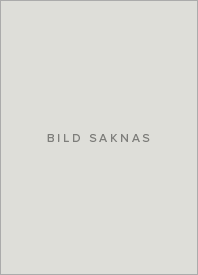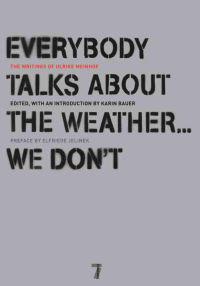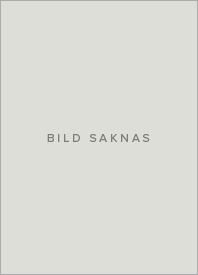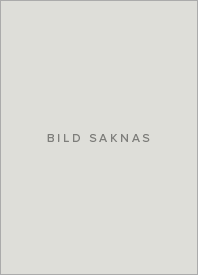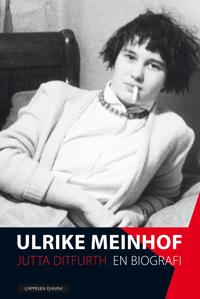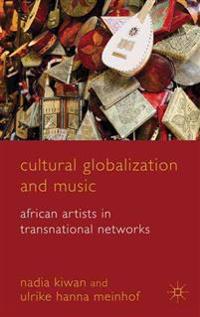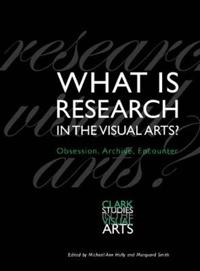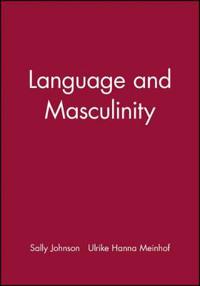Ulrike Meinhof and the Red Army Faction (Inbunden)
ISBN: 9780230337473 - UTGIVEN: 2011-11Ulrike Meinhof's entrance into the West German terrorist underground was both a footnote to the waning student movement of the late 1960s, and a preamble to the bloodiest period in Germany's post-war history. Meinhof fought to make herself heard as a high-profile journalist before becoming a foundin[...]
Everybody Talks About the Weather...We Don't (Pocket)
avUlrike Meinhof, Karen Bauer, Elfriede Jelinek
ISBN: 9781583228319 - UTGIVEN: 200806No other figure embodies revolutionary politics, radical chic, and the promises and failures of the New Left quite like Ulrike Meinhof (1934-76). In the 1960s, she was known in Europe as a journalist and public intellectual, leading an exciting life in Hamburg's high society with her publisher husba[...]
Ulrike Meinhof; en biografi (Inbunden)
avJutta Ditfurth
ISBN: 9788202288747 - UTGIVEN: 2009På syttitallet var Ulrike Meinhof en av de mest fryktete terroristene i Europa. Hun hadde vendt ryggen til en lysende karriere som sjefredaktør og et bekvemt liv i de etablerte kulturkretsene i Tyskland. I stedet deltok hun i den spektakulære befrielsen av Andreas Baader i 1970, som satt fengslet[...]
Cultural Globalization and Music (Inbunden)
avNadia Kiwan, Ulrike Hanna Meinhof
ISBN: 9780230221291 - UTGIVEN: 2011-04This book is about South-North, North-South relations between Africa and Europe, seen through the prism of musicians from North Africa and Madagascar: a decidedly 'bottom-up' view, which privileges the voices of people 'on the move'. The book presents the personal narratives of musicians in differen[...]
What is Research in the Visual Arts? (Häftad)
avSally Johnson, Ulrike Hanna, Professor Meinhof, Sally Johnson
ISBN: 9780300134131 - UTGIVEN: 200901This book includes essays by Ernst van Alphen, Mieke Bal, Marc Gotlieb, Serge Guilbaut, Michael Ann Holly, Akira Mizuta Lippit, W. J. T. Mitchell, Joanne Morra, Sina Najafi, Alexander Nemerov, Celeste Olalquiaga, Alexander Potts, and Reva Wolf.The discipline of art history is in a moment of self-con[...]
Language and Masculinity: A Concise Introduction (Häftad)
avSally Johnson, Ulrike Hanna, Professor Meinhof, Sally Johnson
ISBN: 9780631197683 - UTGIVEN: 199612Feminist linguistics has come of age. Yet, in more than two decades of research, male speaking patterns have largely been taken for granted. This is the first extensive account of mena s language -- of male ways of speaking and of language in the construction of masculinity.[...]

